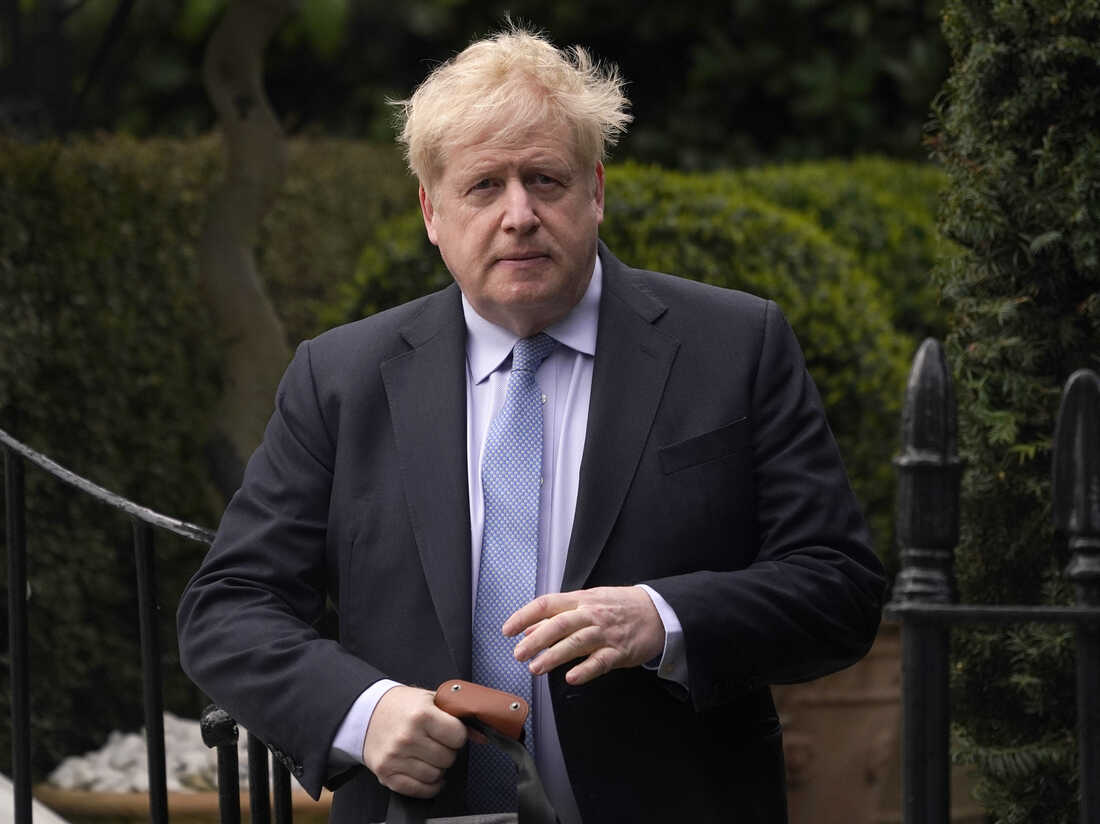Confidence in the leadership of both the Labour and Conservative parties has been severely shaken following the local election fallout, as new polling reveals widespread public skepticism over whether Prime Minister Keir Starmer or Kemi Badenoch will lead their respective parties into the next general election.
According to a survey conducted by the research group More in Common, nearly 60% of the public believes Sir Keir Starmer will not remain as Labour’s leader by the time of the next national vote. The figure was only slightly better for the Conservatives, with nearly half expressing doubts that Kemi Badenoch will continue leading the Tories into the upcoming election cycle.
The findings follow catastrophic local election results for both main parties. The Conservatives lost control of 15 councils and saw a net loss of 674 councillor seats. Labour, though technically victorious, faced its own internal shock as the party lost 187 council seats — significantly more than anticipated — and suffered an unexpected defeat in a parliamentary by-election in Runcorn and Helsby. There, the Reform Party overturned a 14,700 Labour majority to claim victory by a narrow margin of six votes.
The dramatic surge in support for Nigel Farage’s Reform UK party has led to calls within the Conservative ranks for immediate change in leadership. Several Tory MPs are reportedly planning meetings this week to deliberate over the possibility of ousting Badenoch amid rising panic over the party’s waning influence.
However, those seeking to replace her face a new twist. While speculation around Robert Jenrick as a potential successor has gained traction, More in Common’s analysis shows that a Jenrick-led Conservative Party would still trail behind Reform UK. Interestingly, the data suggests that only a return to leadership by controversial former Prime Minister Boris Johnson would be capable of putting the Tories back ahead of Farage’s party in polling.

“This decision is something that comes up time and again,” said Welsh First Minister Baroness Eluned Morgan, referring to the contentious policy to means-test the Winter Fuel Allowance. She is among several figures pushing Labour to revisit the scrapping of the universal benefit that previously aided around 10 million pensioners.
As both major parties grapple with internal fractures, More in Common’s executive director, Luke Tryl, pointed to three central issues dominating the public consciousness: the cost of living, immigration, and the NHS. He noted a recurring public sentiment: “I’m living to work, not working to live.”
Tryl offered a cautiously optimistic note for Labour regarding perceptions of healthcare. He observed that public comments on the NHS in focus groups are “generally better than they have been,” adding that “it could be that the NHS ends up being the bright spot for Labour.”
However, he cautioned the party to brace for a difficult year ahead, with elections in Scotland and Wales and several Labour-facing local councils at stake. “It is going to be a challenging electoral cycle,” he warned.
Reform UK Possibly A Means To An End
Despite the gloom, there were faint glimmers of opportunity. Nearly 46% of those who voted for Reform UK said they were doing so to send a message about their national-level political preferences. This level of strategic voting was markedly higher compared to other parties, where voters typically cited local concerns as their motivation at the polls.
This insight suggests that while the Reform Party has made undeniable gains, many of its voters could still be persuaded to return to either of the two main parties — if leadership and policy align with their priorities.
As both Labour and the Conservatives face mounting pressure to rebuild voter trust and recalibrate their strategies, the question remains whether Starmer and Badenoch can weather the political storm or if their time at the helm is nearing an end.
READ ALSO: President Mahama Launches Code of Conduct to Drive Ethical Governance



















